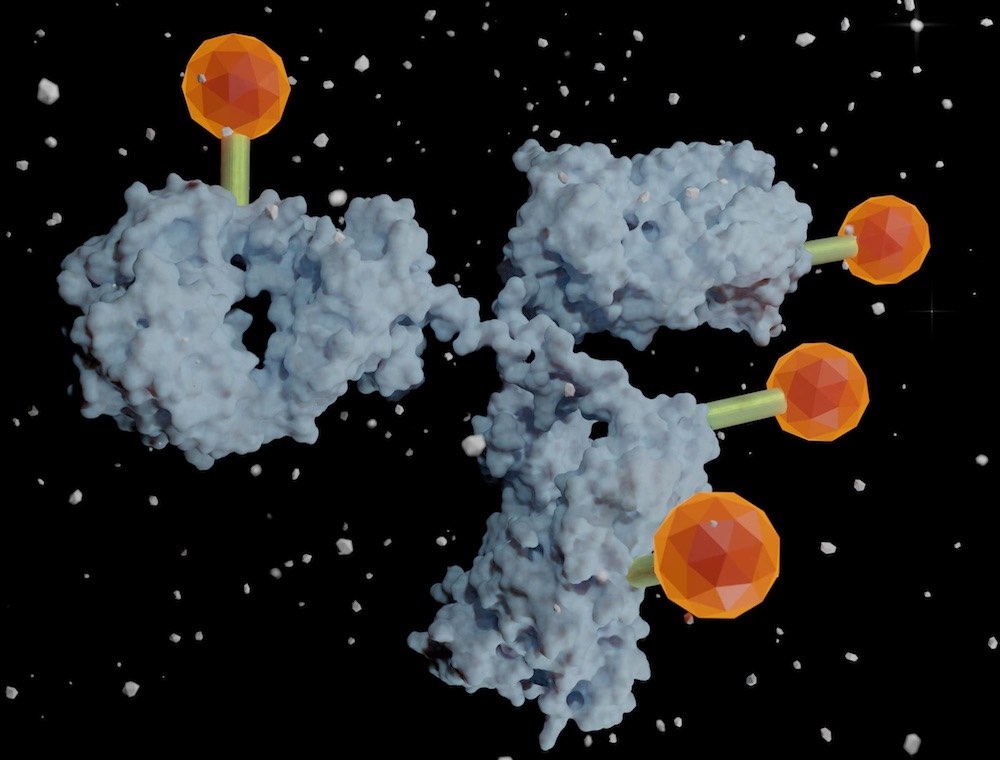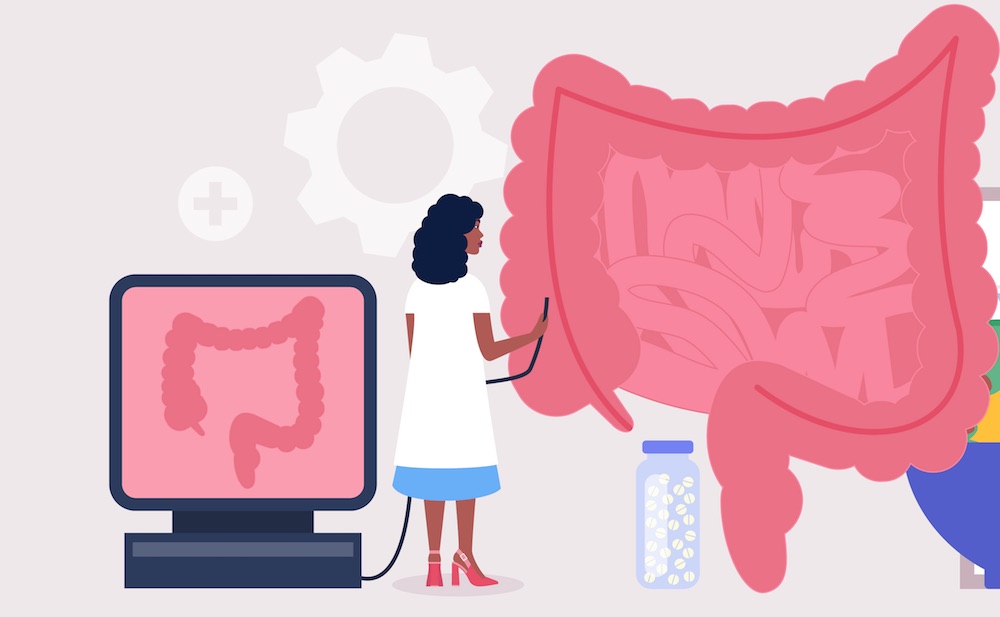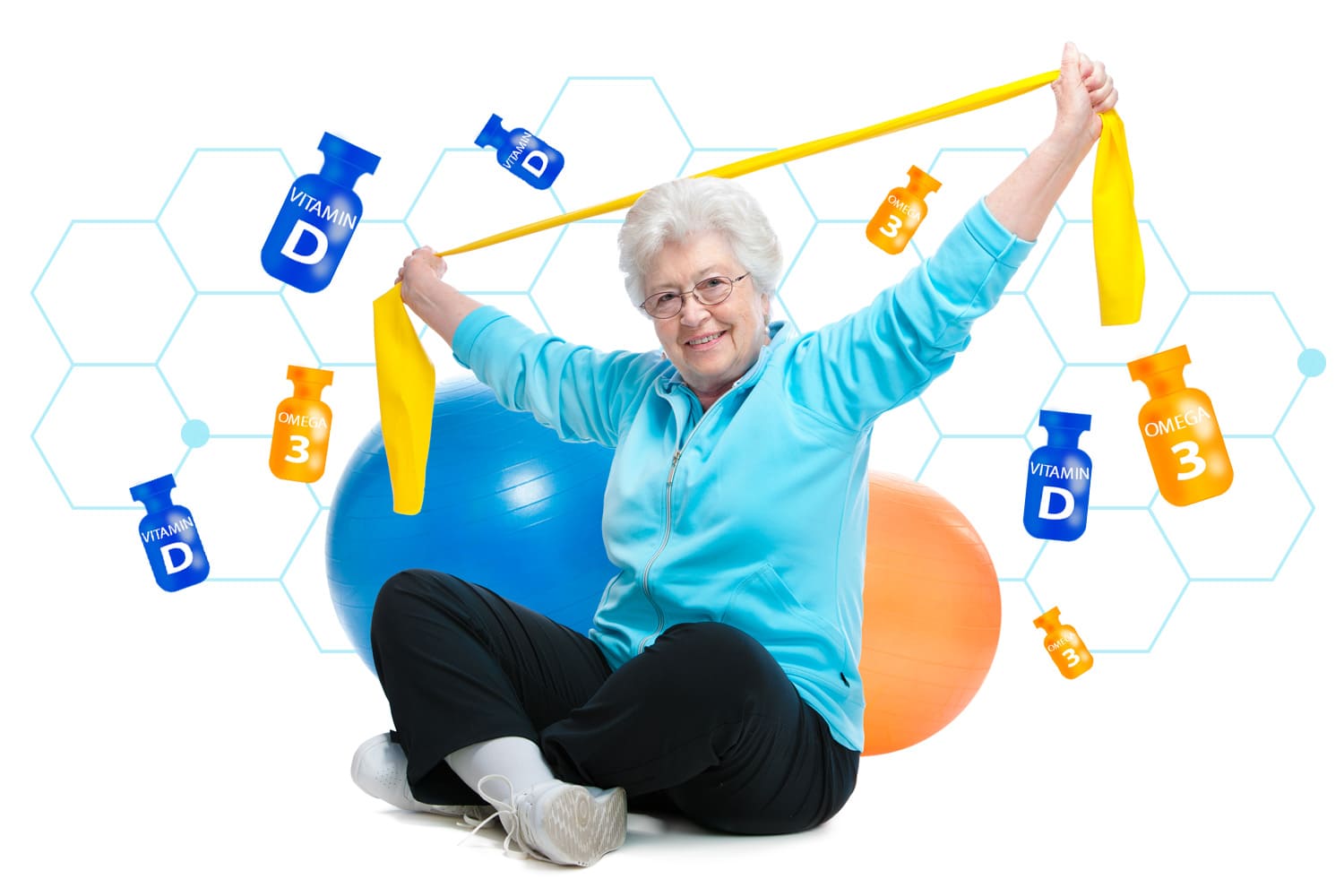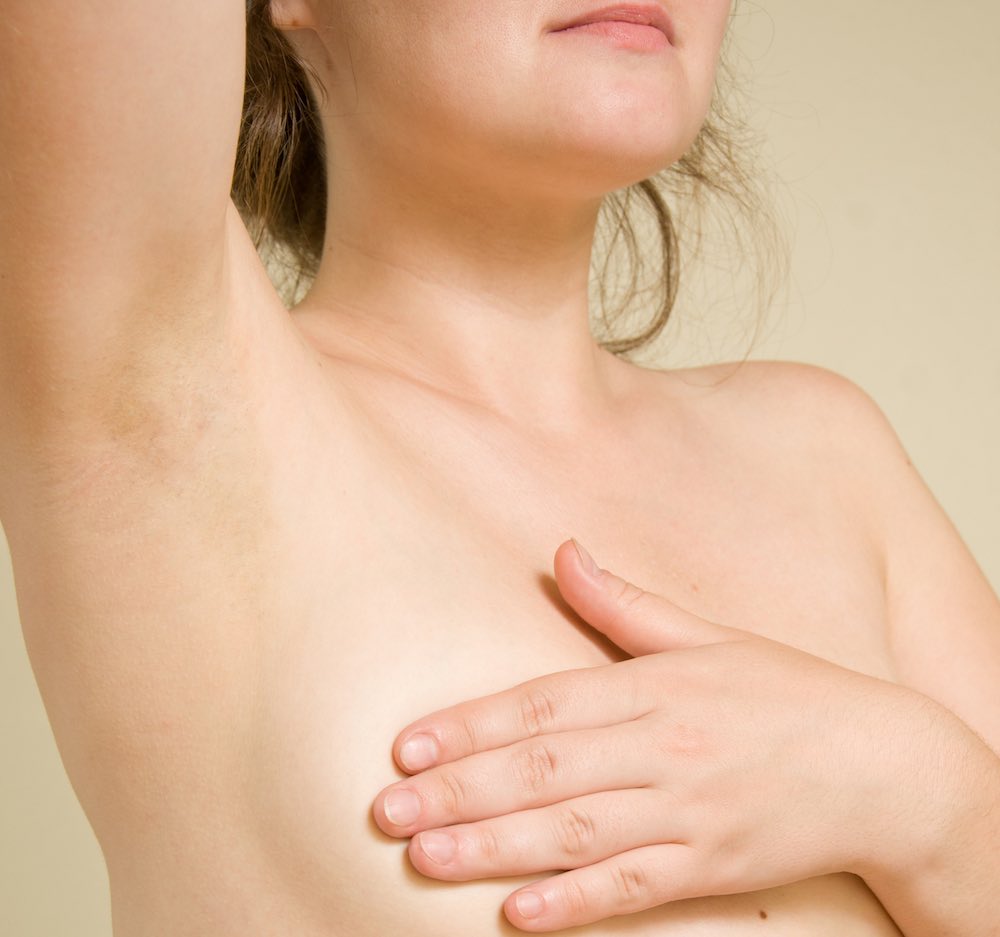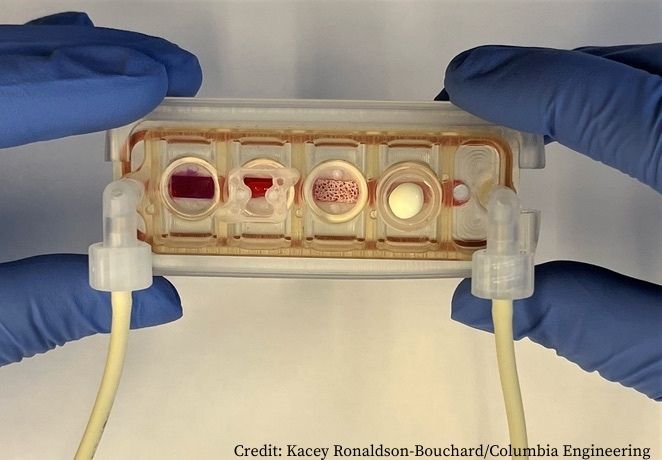Posts by author
Janet Fricker
Circulating tumour DNA provides early warning of metastatic breast cancer
In high-risk hormone receptor positive breast cancer circulating tumour DNA (ctDNA) was identified a median of one year before distant metastasis. The study, published in the Journal of Clinical Oncology (4th June, 2022), represents the first prospective investigation of plasma…
Study defines subset of women benefitting from digital breast tomosynthesis
Digital breast tomosynthesis (DBT) offers an advantage over conventional digital mammography in only a tiny percentage of women, who have extremely dense breasts and a high risk of breast cancer. The cohort study, published in JAMA (June 14), found no…
It’s a CIN: bringing order to the chaos of cancer chromosome instability
A new framework has been developed for interpreting complex genetic change patterns seen in cancer chromosomal instability (CIN). The computational analysis study, published in Nature (online 15 June), identifies 17 separate ‘signatures’ across 33 cancer types that could eventually be…
Antibody-drug conjugates make their mark at ASCO
Reports of the results of two antibody-drug conjugates (ADCs), one for HER-low metastatic breast cancer, the other for metastatic lung cancer resistant to EGFR inhibitors, highlight the advances being made in this type of treatment. The DESTINY-Breast04 study, presented at…
Study shines new light on breast cancer’s sweet tooth
Breast cancer cells impair the function of pancreatic islets to make them produce less insulin than required, resulting in higher blood glucose levels in breast cancer patients compared to women without cancer. The study, published in Nature Cell Biology (30th…
US study suggests colorectal cancer screening should start at age 45
Screening women below the age of 50 for colorectal cancer (CRC) can significantly reduce their risk in comparison to those who have no endoscopic screening or who initiate testing at age 50. The study in JAMA Oncology, published online 5…
Multicomponent prevention strategy reduces risk of cancer
The combination of high-dose vitamin D, omega-3 and a simple home strength exercise programme (SHEP) reduced the risk of healthy adults aged 70 or older developing cancer by nearly two-thirds. The study, published in Frontiers in Aging, 25 April, showed that…
Lumpectomy as effective as mastectomy in young breast cancer patients
Women under 40 with non-metastatic breast cancer experience similar survival regardless of whether they are treated with mastectomy or lumpectomy. The abstract presented at the American Society of Breast Surgeons annual meeting, held in Las Vegas, April 2022, showed that…
Multi organ chip could facilitate personalised cancer therapy
A ‘plug-and-play’ multi-organ chip, the size of a microscope slide, could be customised for individual cancer patients to determine personalised therapy. The study, published in Nature Biomedical Engineering, reports for the first time the achievement of connecting a range of…
From social determinants to cancer outcomes: the cell biology behind the disparities
Raised levels of stress are a normal response to being diagnosed with cancer, and asking patients about their psychological and emotional wellbeing is, or should be, a normal part of attending to their quality of life. But can stress directly…




